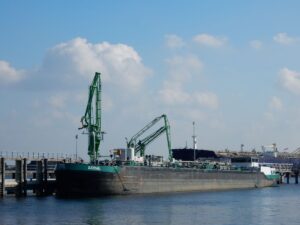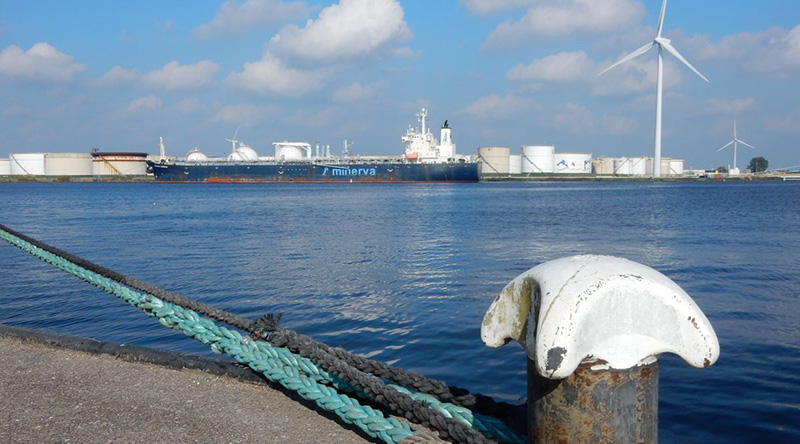NNPC Correspondents has recently provided assistance to various clients facing alleged contamination issues with liquid cargoes. Considering the substantial value associated with such cargoes, the potential liabilities in such cases can be significant. Even when facing allegations of contamination, completing cargo operations under pressure is common. Having the right representation with a deep understanding of local conditions and risks becomes crucial in such situations. Proper management of these cases can mitigate risks and avert liabilities. Conversely, procedural errors or failure to gather evidence effectively can lead to costly consequences.

In our recent experiences, we’ve observed that the time window between sampling, analysis, and cargo discharge is often brief, especially when the cargo is discharged into multiple shore tanks or barges. The master and crew are frequently pressured to adhere to tight timelines and sign off on formalities, even when they have not had time to properly consider their contents. Should an allegation of contamination arise at any stage of this process or thereafter, swift action is imperative to protect the shipowner’s interests and gather necessary evidence.
When we’re engaged, our primary focus is on involving the right experts and ensuring meticulous sampling arrangements, taking into account the following key considerations:
- Proper Cargo Sampling: Adhering to correct industry practices for sampling and retaining cargo is crucial, tailored to both the specific cargo and the alleged nature and origin of contamination.
- Selection of Sampling Personnel: Engaging the appropriate surveyor to assist with sampling and monitor operations is vital. While we typically recommend appointing an owner’s surveyor in case of cargo condition concerns, joint sampling arrangements may already be in place. In such instances, crew attendance throughout the process is advised, ensuring proper sign-off on sample labels or reports. However, samples secured by a specialist usually carry greater evidentiary weight.
- Timing and Location of Sampling: Ideally, pre-discharge samples should be obtained at the shipboard manifold before discharge begins. Specific recommendations should be sought, as a generic approach may not be suitable due to the diverse nature of bulk liquid cargoes. Industry practices and Material Safety Data Sheets (MSDS) for the cargo can guide risk assessment and precautionary measures.
- Labels and reports: Diligence in recording details and findings is paramount, given the potential for errors, especially when multiple persons sample at various locations and store samples in multiple containers. Ensuring accurate documentation of vessel, location, tank, and sample numbers, along with proper seal documentation, secures the chain of evidence. Minor procedural errors can escalate into significant issues during dispute resolution or litigation.
The earlier we’re engaged, the better we can manage the process and mitigate risks. In a recent incident where we were only involved after cargo transshipment and delivery to various locations, complicating the process, effective management was still achievable with proper coordination and support. However, considering the potential value of claims and the associated delays and expenses during investigations, we recommend contacting us as soon as an issue arises.
NNPC Correspondents operates 24/7 in the Netherlands and European waterways. For any queries or concerns, please don’t hesitate to reach out to us.
The ships pictured have no relation to this article.

